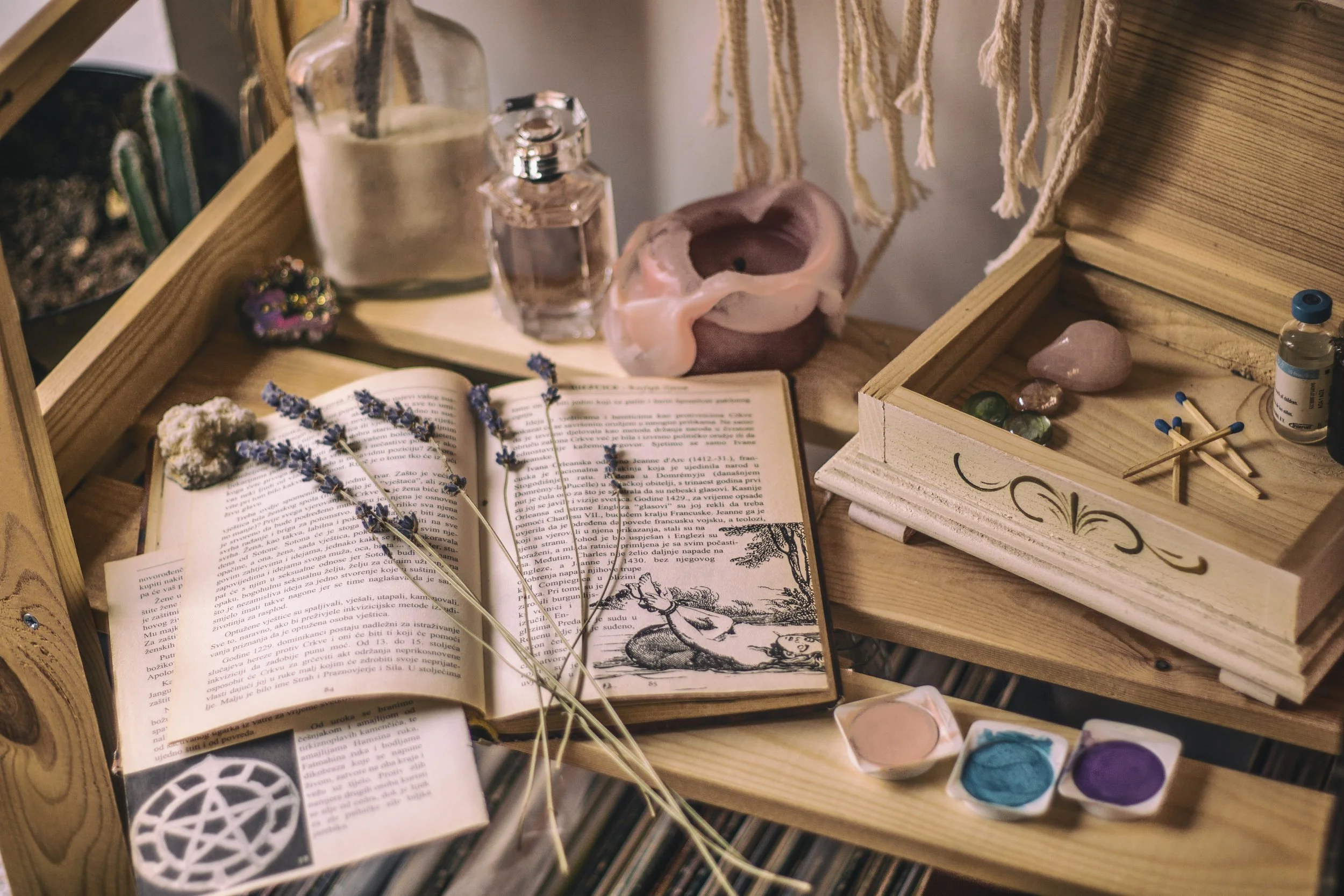3 lessons I learned from my first season of gardening
Written by Autumn Deaves-Sevy
Photo by Карина Каржавина
I planted my first vegetable garden this year. It started as a small dream, formed from watching Li Ziqi videos on YouTube during the pandemic.
When the whole world seemed to dive into sourdough baking and DIY crafts, I fell down the rabbit hole of gardening.
It’s a very sweet thing when a two-year-long aspiration comes to fruition. It can also be a frustrating experience when your journey doesn’t go as smoothly as you’ve envisioned.
I learned a lot about myself along the way. These are the three most important lessons my garden has taught me.
Photo by Kate
1. Slugs are annoying but part of the ecosystem
I’ll be completely transparent. I was unable to eat anything I attempted to grow this spring season except for peas. I planted kale, spinach, arugula, onions and mizuna. All of them were devoured by slugs.
I didn’t feel very comfortable managing them using lethal methods, so I tried a myriad of non-lethal approaches to fix my problem.
I made natural predator habitats, sprayed my seedlings with rosemary water, added mulch and used cloche covers. None of these worked very well.
I finally found that manual extraction was my best bet and hand-picked the little guys off my plants to be transferred to a different location. Everyone has their own way to manage pests and I don’t judge anyone who utilizes beer traps to reap rewards from their hard work.
But for me, building an ecosystem is important. A good friend told me that as long as we work toward building healthy soil, year by year, less slugs will be present in our little garden space.
Slugs are a valuable food source for a variety of animals and have a place in the food chain. This summer, our strawberry patch became a vibrant home for many Pacific Tree Frogs who happen to be a natural predator of slugs. I’m not sure we would have been witnesses to so much life if we managed our slug problem in a different way.
Photo by Plantpool images
2. The weather likes to play mind games
You can control many variables in your life, but you can never control the weather. Even if the pH is just right, the soil is rich and fertile and you have the perfect watering schedule, your garden can still suffer because of temperature, excess moisture or drought.
Our climate is changing so we must adapt with it. Starting my garden has led me to see how resilient we must be within our food systems.
Last spring in Portland, we broke our record for the wettest April in modern history. I remember sitting by the window, watching the hail and thinking about my poor plants trying to weather the storm.
I planted my warm-weather vegetables two weeks late and struggled with a slug problem well into June.
It feels like a paradox that the more our climate changes, the harder it will be to implement solutions, like growing our own food, that build resiliency and heal our planet.
Small impact or not, incorporating individual climate solutions into my personal life gives me a sense of power and control over the future of my communities.
3. Being alone is as healing as companionship
Before the weather turned colder, I woke up each morning, wrapped myself in my favorite quilt and groggily made my way to turn on the hose. Early mornings are the best time to water your garden.
I quietly observed the small, but meaningful lives of the bees, butterflies and frogs that made our patch of vegetables their home.
We live in a world that is always so loud. I interact with constant stimuli.
On my commute to work I fill my ears with the sound of podcasts and music. I spend my down time watching Netflix.
Being alone in my garden reminds me that solitude does not mean loneliness. I learn a lot about myself and my surroundings in those moments.









